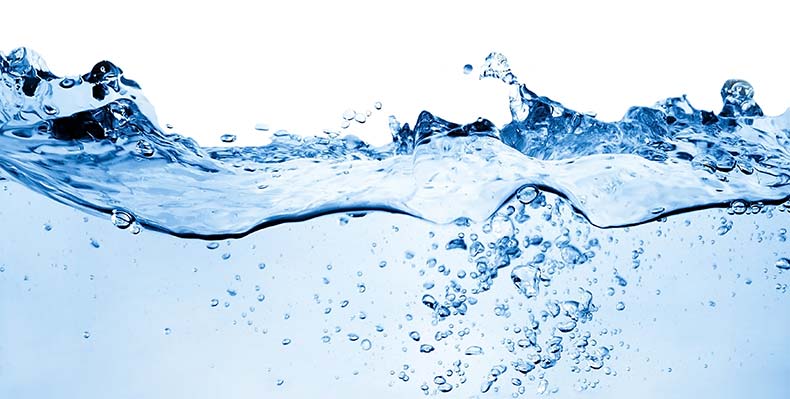Installing a water filtration system in your home will improve the taste of your drinking water and help remove any dangerous microorganisms that might have made it through the municipal treatment system. Filtration systems vary, but there are a number of things you can do to determine which water filter is right for your home and family.
What’s in your water supply?
The first thing to figure out is what you’re trying to remove from the water. There are a number of ways to do this, from getting a copy of your area’s water quality report from your local water utility or testing the water yourself with an at-home test kit (you can find these at most home improvement stores). The Environmental Working Group also maintains a national database that uses results from millions of tests in almost 50,000 American cities.
What type of filter do you need?
Once you know what contaminants you need to remove, you can research common methods of filtration like activated carbon filters or reverse osmosis. NSF International, an organization that helps set standards for things like water safety and certifies these systems, has resources for consumer drinking water to help you understand what type of filter you’ll need to remove different contaminants.
Carbon Filtration
- A long-lasting, inexpensive, effective, and easy-to-install choice, activated carbon filters are frequently found in pitcher filters and undersink systems. Most carbon filtration systems operate by forcing the water to pass over a charcoal medium to filter out impurities like heavy metals, chlorine, pesticides, parasites, and other compounds called VOCs.
Reverse Osmosis
- Reverse osmosis filters work by passing the water through an extremely fine membrane or deionization cartridge to filter out the microorganisms and impurities present in the water. Instead of collecting these contaminants, a reverse osmosis filter flushes them outwards and away.This is an incredibly effective form of water filtration, helping eliminate or reduce up to 99% of contaminants. But keep in mind that this method can waste water.
What is the right filtration system for your home?
It’s important to consider what kind of water filter will be most cost-effective sustainable for you and your family. The cost for these systems varies, from installation requirements to how often filter replacements are needed. Many undersink models filter the water in a secondary, smaller faucet within the kitchen sink rather than the main faucet, treating the water at the point of consumption, while whole-house filters treat all or most of the water at the point of entry to your home from the municipal feed, and treated water flows throughout your entire home.
It’s also important to take into account that each system has a set capacity for the amount of water that can be cleaned at a time, and it is best if this capacity matches or slightly exceeds your daily water use. To get a general idea of how much water your family uses day-to-day, you can check your water usage on your monthly bill or talk to an expert to help you determine this based on the size of your home, the number of people living at home, the number of bathrooms, and other water-related activities.
